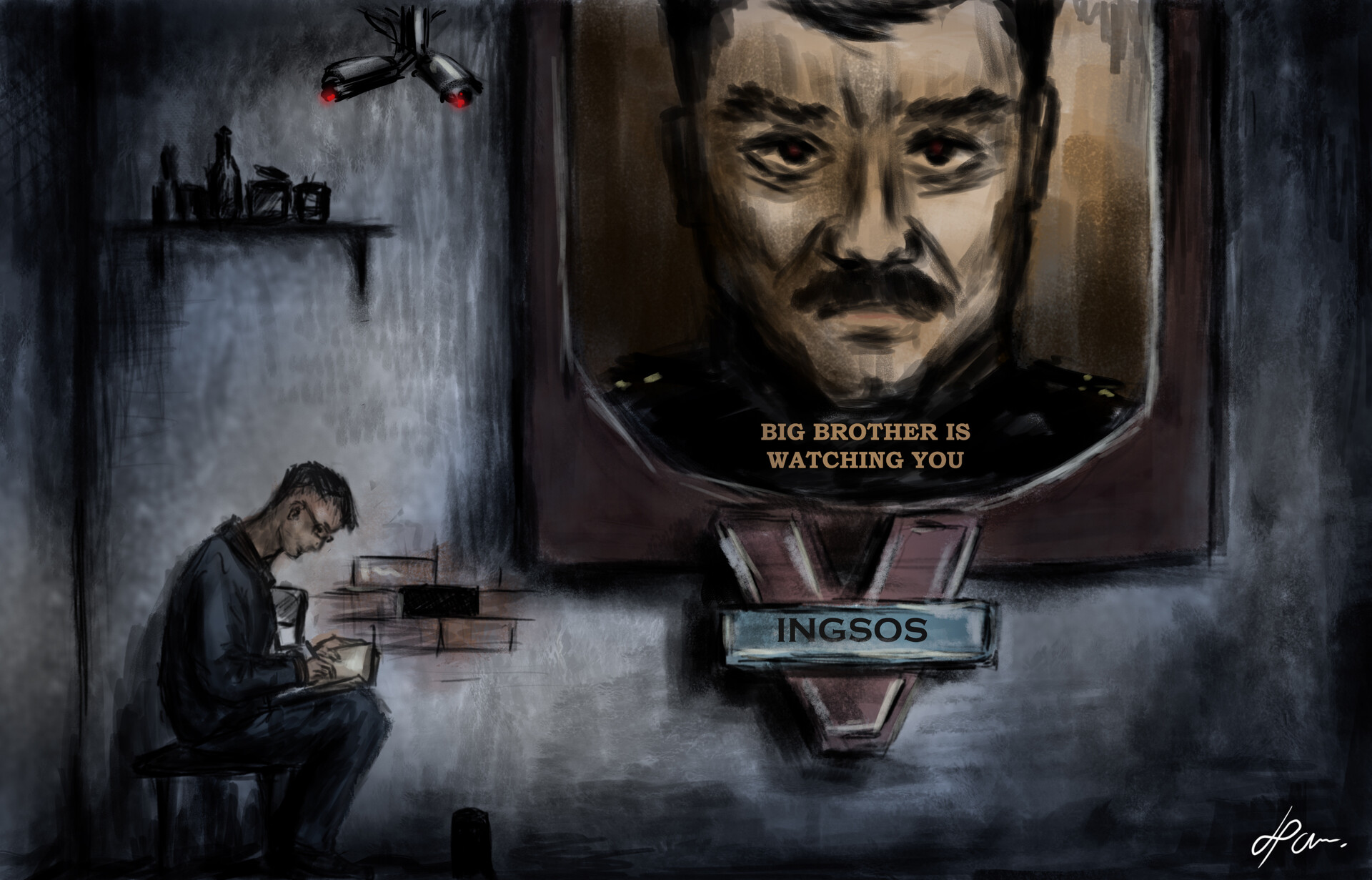Authoritarian regimes are generally oppressive, authoritarian and authority-centred governments. In these regimes, usually one person or a group holds control over the political, social and economic spheres of society. The origins of authoritarian regimes extend to different periods and geographies throughout history. Authoritarianism: With its definition, history and representatives, it has an important place in the political literature.
Authoritarian regimes are systems of government that are unwelcome, oppressive, and generally held by a single leader or small group of political power. This leader or group usually tries to control the society by using rigid and authoritarian methods. In authoritarian regimes, civil liberties may be limited, opposition power is weak, freedom of expression may be restricted, oppositional views may be suppressed, and elections may be rigged or manipulated.
Authoritarian regimes first begin on the stage of history with the Roman Empire and similar states in ancient times. It continues with feudal kingdoms in the Middle Ages and totalitarian states in the modern period. In the 20th century, especially with the beginning of the Cold War period, the number of authoritarian regimes increased. In this period, authoritarian, oppressive and warlike regimes such as Adolf Hitler's Nazi Germany, Josef Stalin's Soviet Union and Mao Zedong's rule in China left painful and deep traces in world history. There have been many authoritarian leaders and regimes in world history, such as these leaders and their states. Some of these are those:
Adolf Hitler (Germany): Hitler, who ruled Nazi Germany between 1933-1945, ruled Germany with a totalitarian regime in order to realize his own idea, and with his racist ideology, he led to one of the most terrible genocides in world history. Together with the team he formed, he made black propaganda to the people he was in charge of, destroyed the opposition and caused people to lose their lives along with their freedom.
Joseph Stalin (Soviet Union): Sitting in the seat of power of the Soviet Union between 1924-1953, Stalin controlled every aspect of society, silenced the dissidents and caused a large-scale terror. History shows Stalin, the winner of the war, more innocent in most sources; Although it makes Hitler, the loser of the war, look demonic enough to be censored, in reality both are innocent dictators who have killed millions of people.
Kim Jong Un (North Korea): Kim Jong Un, who has been the leader of North Korea since his father Jong Il died in 2011, has made himself the only man in his country and is under a very tight control, follow-up and pressure, almost as if George Orwell's "Big Brother" in 1984 book continues to manage. North Korea is as dictatorial as those who do not cry at the funeral of Jong Un's father, the modern-day version of the previous two leaders, are threatened with imprisonment.


Yorumlar
Yorum Gönder